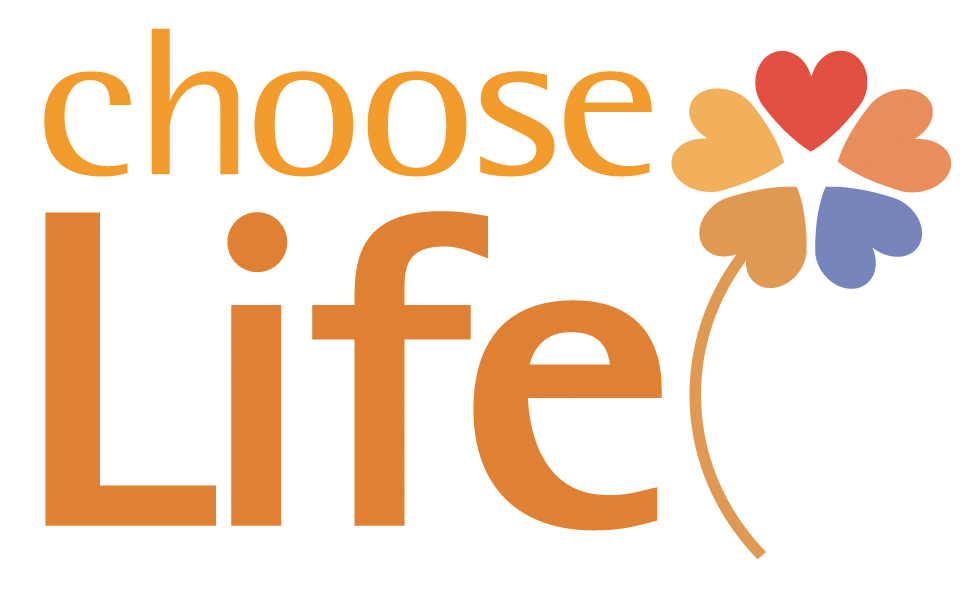A History of Choose Life Niagara
It didn’t take long after the abortion law was decriminalized in Canada on May 14, 1969 for concerned citizens across the country to respond by forming pro-life groups with a vision to restore the sanctity of human life.
The history of the organized pro-life movement in the Niagara Peninsula began with a few people meeting around the dining room table of John and Anne Muggeridge in Welland in 1973. A public meeting at Niagara College was planned, and it was at this meeting that the Niagara Region Right to Life Association Inc. was born. Incorporation papers were drawn up, charitable status was granted, and five directors were elected to serve on the board.
Part of its mission was to spawn local groups in various cities in the region. A need was recognized for a group in St. Catharines. Notices were sent to churches, organizations and individuals throughout the city and a public meeting was held May 31, 1977. Those who attended committed themselves to the cause of protecting the unborn with a focus on education in the community.
Regular monthly meetings began in June of 1977 in the hall of the Cathedral of St. Catherine of Alexandria under the leadership of Jane Dulong. Members educated themselves thoroughly on the abortion issue in order to be of assistance to citizens who approached them for information and help. In October of that year, the group held a Respect for Human Life Week culminating with an Ecumenical Prayer Service. Fundraising efforts began to ensure the many activities of the group could be financed and supporters throughout the city gave generously.
A highlight in those early years was when famed journalist Malcolm Muggeridge gave an address in the Thistle Theatre at Brock University to an overflowing crowd in October 1978. His inspirational talk, entitled “The Slippery Slope,” demonstrated his unwavering belief in the right to life for every human being from the moment of conception to natural death.
Support grew for the group and many speaking engagements in area schools were booked as citizens shared a deep concern for women and their unborn babies.
In 1981, the group decided to apply for corporate and charitable status, both of which were granted that same year. Elise Mathie served as the first President of the St. Catharines Right to Life Association Inc. The aim of the association was to promote respect for life from conception to natural death through education.
With incorporation came expanded activities and a Speakers Bureau was formed. A quarterly newsletter was published, an annual dinner meeting was organized each year and information booths were held at events such as the Lincoln County Fair. The original aim and events of the association continue to this day.
It became evident that an office was required to serve as a hub for the association’s work. In 1984, the first office of the St. Catharines Right to Life was opened at 183 King Street. Dedicated volunteers staffed the office and carried out all of its activities. Within a decade, more office space was needed, and the association moved to Geneva Street in 1993. In 2001, Marlene Tersigni was hired to coordinate education and activities alongside a growing number of volunteers. The association outgrew its Geneva Street location and moved to 3 King Street in 2004 and in 2010, another staff member, Joan Webb, joined the team.
In 2020, the association underwent a rebranding process and our new name Choose Life Niagara was born. In early 2022, a new office location was found at 1 Belton Boulevard in St. Catharines.
Throughout its more than forty year history, Choose Life Niagara has worked tirelessly to provide education about the right to life of those unable to speak for themselves. We believe that education is essential to help prevent the tragedies of abortion, infanticide and euthanasia. We provide information, presentations, and a presence in our community focused on the sanctity of human life. We also provide referrals and a listening ear for those facing an unplanned pregnancy or the aftereffects of abortion.

